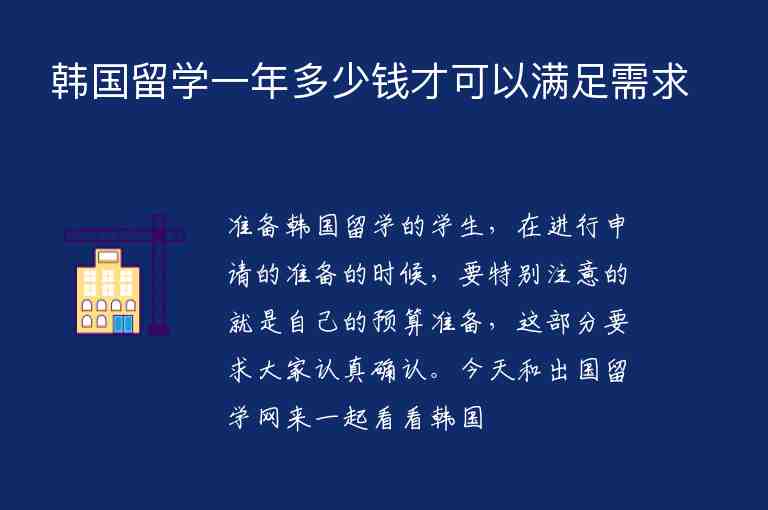亡羊补牢是一句成语,意思是指在事情已经发生并造成损失后,采取补救措施来弥补损失的行为。这句话也可以用来形容在遇到危机时及时采取措施来防止进一步的损失。英文中有类似的表达,比如“better late than never”(迟做总比不做好)。
怎么读(音标)
亡羊补牢的读音为wáng yáng bǔ láo,其中“亡”读作wáng,第二声;“羊”读作yáng,第二声;“补”读作bǔ,第三声;“牢”读作láo,第二声。
用法
亡羊补牢通常用于口语和书面语中,并且多用于贬义。它可以用来形容一个人在事情已经发生并造成损失后才采取措施来弥补错误。也可以用来建议别人及时采取措施来避免将来可能发生的问题。
例句1-5句且中英对照
1. 他们本可以提前预防这场灾难,但现在只能亡羊补牢了。
They could have prevented this disaster in advance, but now they can only try to make up for it.
2. 老板在公司遭受损失后才开始改变管理方式,可惜这是亡羊补牢。
The boss only started to change the management style after the company suffered losses, but it was too late.
3. 我们不能等到事情发生后再采取行动,这样只能是亡羊补牢。
We can't wait until something happens before taking action, that would be just trying to make up for the loss.
4. 他们意识到问题的严重性后开始采取措施,但这只是亡羊补牢。
They started to take measures after realizing the seriousness of the problem, but it was just trying to make up for the loss.
5. 亡羊补牢的做法并不总是有效的,最好的方法还是预防于未然。
Trying to make up for a loss is not always effective, it is best to prevent it in advance.
同义词及用法
1. 杯水车薪:形容对大问题采取微小的措施,无济于事。
2. 错误滞后:指在错误已经发生后才开始采取措施来弥补。
3. 悔之晚矣:表示后悔已经太迟了,无法挽回错误。
4. 后知后觉:指事情发生后才意识到问题的严重性。
5. 挽救颓势:指在事情出现问题后采取措施来避免进一步的损失。
编辑总结
亡羊补牢这句成语是用来形容在事情已经发生并造成损失后采取弥补措施的行为。它可以用来提醒人们要及时采取措施来避免将来可能发生的问题,也可以用来批评那些只在事后悔恨而不采取措施的人。使用时要注意语境,避免贬义使用。


